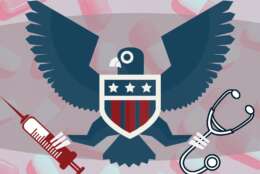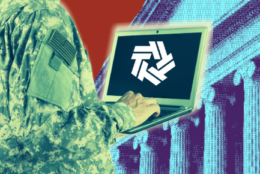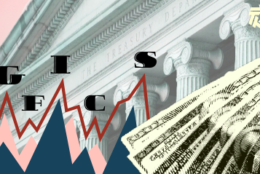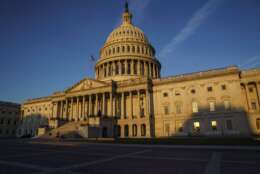Benefits
-
The emergency paid leave program, which Congress created through the American Rescue Plan, ended last month, but the Office of Personnel Management will continue to reimburse agencies through the end of fiscal 2022.
October 25, 2021 -
New study, published this month in the journal Health Sciences Research, projected worse health outcomes for DoD beneficiaries even if as few as 10% of them were shifted to private-sector care.
October 25, 2021 -
When it comes to the smartest investors in the nation, which group of people or professions would you pick?
October 20, 2021 -
The Office of Personnel Management will propose expanding coverage under the Federal Employees Dental and Vision Insurance Program (FEDVIP) to include federal employees on temporary, seasonal and intermittent schedules.
October 18, 2021 -
A cost of living adjustment this size carries a double message. First, that inflation is back, and second, that not everybody will get the full increase. Some will even get nothing, meaning even more belt-tightening!
October 14, 2021 -
Millions of retirees on Social Security will get a 5.9% boost in benefits for 2022
October 13, 2021 -
Rising inflation is expected to lead to a sizeable increase in Social Security’s annual cost-of-living adjustment, or COLA, for the year 2022
October 12, 2021 -
Come Jan. 1, health insurance plans must treat emergency services performed out-of-network as if they were done in-network. The new rules apply to almost all major public and private health insurance plans, including the Federal Employees Health Benefits Program.
October 11, 2021 -
The overhaul of the Army personnel system is supposed to bring the service's talent management into the 21st century.
October 07, 2021 -
In today's Federal Newscast, the Justice Department is bringing the power of the False Claims Act to the growing challenge of cybersecurity.
October 07, 2021 -
While the number of federal-military personnel participating in the federal 401k plan increased slightly between June and September, most account balances — at every level — were down slightly.
October 07, 2021 -
The National Defense Authorization Act is often a grab-bag of sorts for members looking to easily address other legislative priorities with a bill that's considered "must-pass" each year. Here are several provisions in the House-passed NDAA that are worth watching for federal employees.
October 06, 2021 -
If your retirement nest egg is invested in the stock market you probably know that after a very long winning streak September was not too nice.
October 06, 2021 -
Has your home to work commute returned to pre-pandemic levels? Have you gone from happy home-bound worker to wretched rush hour victim?
October 05, 2021 -
TRICARE beneficiaries who get their drugs through home delivery or through a retail pharmacy will pay anywhere from $1 to $8 more in copayments starting in 2022.
October 04, 2021













